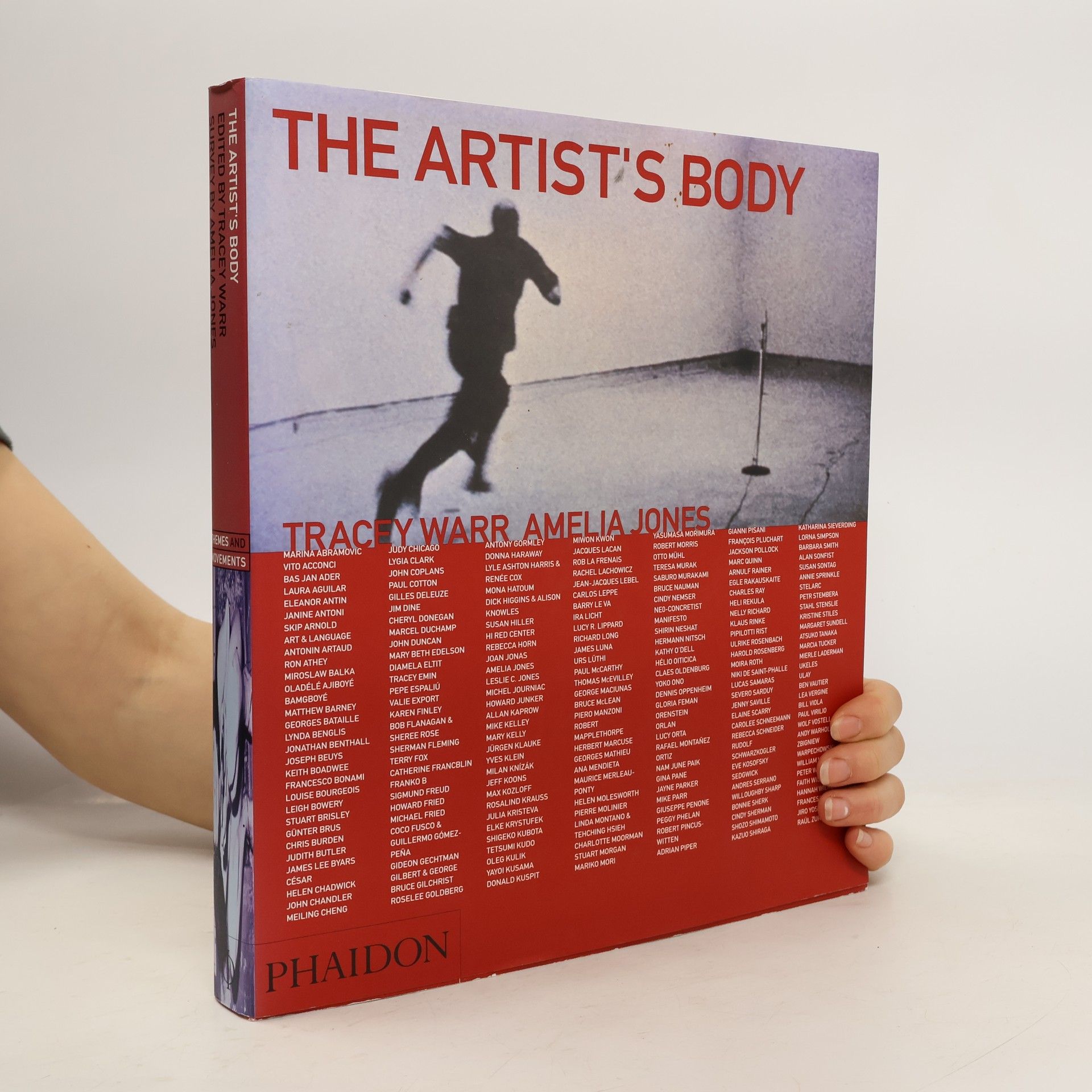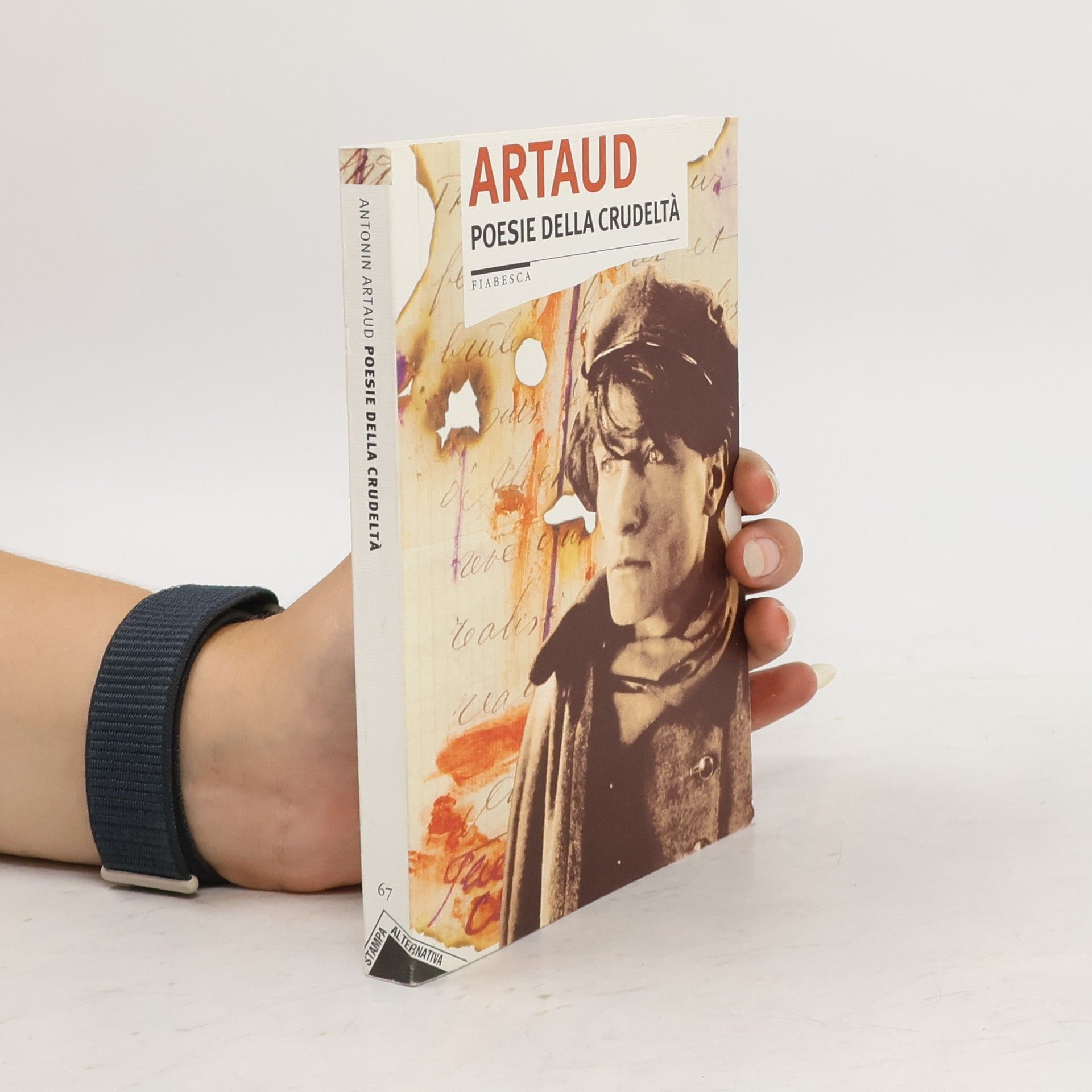Poesie della crudeltà
- 224pagine
- 8 ore di lettura
Antonin Artaud fu un drammaturgo, poeta e regista teatrale francese la cui influenza sulla teoria del dramma moderno è profonda. Inizialmente associato a scrittori e artisti surrealisti, in seguito se ne separò per perseguire le sue radicali visioni teatrali in modo indipendente. Artaud criticò il teatro occidentale convenzionale del suo tempo, considerandolo eccessivamente dipendente da trame ordinate e linguaggio scritto. Sostenne il teatro come un'esperienza viscerale e d'impatto progettata per sopraffare e influenzare fisicamente il pubblico, impiegando forme disturbanti di illuminazione e suono per creare una sensazione di 'vortice' che avrebbe inghiottito e indebolito gli spettatori.







Following his release from the Rodez asylum, Antonin Artaud decided he wanted his new work to connect with a vast public audience, and he chose to record radio broadcasts in order to carry through that aim. That determination led him to his most experimental and incendiary project, To Have Done with the Judgement of God , 1947-48, in which he attempted to create a new language of texts, screams, and a language designed to be heard by millions, aimed, as Artaud said, for “road-menders.” In the broadcast, he interrogated corporeality and introduced the idea of the “body without organs,” crucial to the later work of Deleuze and Guattari. The broadcast, commissioned by the French national radio station, was banned shortly before its planned transmission, much to Artaud’s fury. This volume collects all of the texts for To Have Done with the Judgement of God , together with several of the letters Artaud wrote to friends and enemies in the short period between his work’s censorship and his death. Also included is the text of an earlier broadcast from 1946, Madness and Black Magic , written as a manifesto prefiguring his subsequent broadcast. Clayton Eshleman’s extraordinary translations of the broadcasts activate these works in their extreme provocation.
Last Writings, Ivry-sur-Seine, September 1947–March 1948
A Sinister Assassin presents translations of Antonin Artaud’s largely unknown final work from 1947–48, offering fresh insights into his obsessions with human anatomy, sexuality, societal power, creativity, and ill-will. These last writings are a remarkable part of Artaud’s prolific body of work and continue to inspire artists, filmmakers, musicians, writers, and choreographers with their fiercely exploratory and combative nature. Artaud’s conception of performance during this period—following his Theatre of Cruelty provocations of the 1930s—culminates in a dance-driven act of autopsy that generates the ‘body without organs,’ countering malevolent microbial epidemics. This book compiles Artaud’s crucial writings and press interviews from September 1947 to March 1948, conducted in a decrepit pavilion at a convalescence clinic in Ivry-sur-Seine and through the streets of Paris. Drawing from extensive consultations of Artaud’s manuscripts and original interviews with friends, collaborators, and doctors, it brings together translations of his last writings: his final notebook, letters, key texts, glossolalia, a magazine issue collecting his fragments, and two extraordinary interviews where he denounces censorship and confronts his imminent death. Edited and translated by Stephen Barber, this work illuminates Artaud’s last, most intensive and terminal efforts for the first time.
Tracing artists' increasing use of their bodies as subject and actual material of their artworks, this title charts the rise of new forms of expression such as Body Art, Happenings, Performance and Live Art.
Artaud remains one of the significant and influential theorists of modern theatre.--Gerald Rabkin, Rutgers University
After publishing a manifesto prophecy about the catastrophic immediate-future entitled The New Revelations of Being , Antonin Artaud abruptly left Paris and travelled to Ireland, remaining there for six weeks and existing without money. On his return, he spent nine years in lunatic asylums, including the entire span of the Second World War. During that journey to Ireland—on which he accumulated signs of his forthcoming apocalypse, and planned his own role in it as ‘THE REVEALED ONE’—he wrote letters to friends in Paris. Antonin Artaud’s 1937 apocalyptic journey to Ireland and his writings from that journey form an extraordinary moment of accumulating disintegration and tenacious creativity in his work. With an afterword and notes by the book’s translator/editor Stephen Barber.
This is the first new English language anthology of Artaud's writing in nearly twenty years, and reflects an increased interest in his late work (a show of Artaud's visual art from this period was on view at MOMA throughout 19961). Clayton Eshleman's translations have won widespread acclaim, including a National Book Award. Now in its second printing.
This guide to share registration covers all types of share transaction and procedures of both English and Scottish companies. It includes a detailed explanation of the new Taurus system of share registration introduced by the International Stock Exchange. schovat popis
Rooted in Antonin Artaud's nine years in mental asylums, this collection features writings and sketches from 1946 to 1948 that reveal his battle with schizophrenia and haunting visions. The first eleven notebooks present fragmented thoughts and striking illustrations, showcasing his artistic evolution. The twelfth notebook shifts focus to a profound exploration of the loss of magic to the demonic, culminating in the text that inspired the book's title. Artaud's influence on the avant-garde persists, underscoring his enduring significance in literature and art.